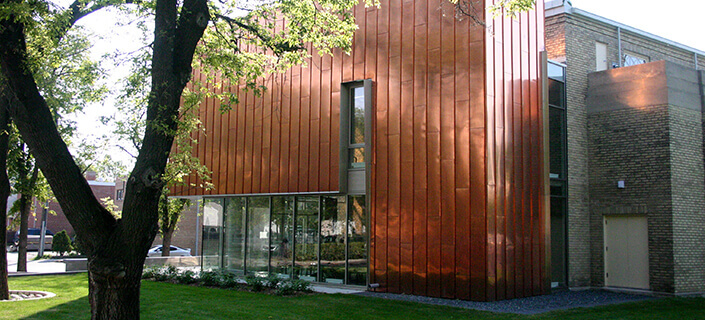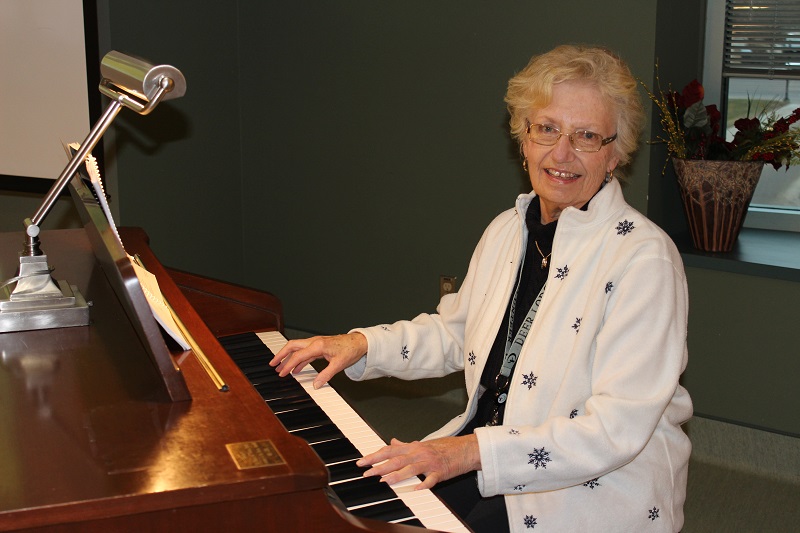
By Michael Badejo
Mother Teresa once said, “The greatest good is what we do for one another.” For those who can’t—or can no longer—look after themselves, a caregiver is an invaluable saviour. Whether the caregiver is a professional with a formal background in healthcare, or a friend or family member, it’s hard to understate the nobility and the value of the work they do. Caregivers are called the “invisible backbone” in the body of our healthcare system for a reason. The mere presence of a caregiver is shown to boost well-being and recovery, as well as reduce medical costs by keeping those in need of care at home and out of hospitals and care facilities. But caregiving can be relentlessly demanding: the toll it exacts on the caregiver can be enormous over time, even if it isn’t always immediately visible.
Who are caregivers?
At some point in their lives, nearly half of the population of Canada will serve as an informal or formal caregiver to family or friends. Caregivers constitute a huge population that runs across every age group, background, and social status. In fact, more than 8 million Canadians above the age of 15 fit the description of a caregiver, whether they’re looking after an aging family member at home, or someone coping with an intensive condition such as Alzheimer’s, a respiratory issue, or a physical disability.
What do caregivers do?
Most often, caregivers help those who need assistance managing their day-to-day lives. They provide transportation, monitor finances, prepare and serve meals, and more. In short, they act as extended eyes for healthcare professionals in clinics and hospitals.
The stages of caregiving
- Helping. As a caregiver, you help when you can with everyday activities like shopping, meals, transportation, appointments and banking. The person you help is most likely an existing relationship – i.e. family member, friend, neighbour, and colleague.
- Involved. Your caregiving activities and time commitment increases and may involve dressing, bathing, and managing medications and treatments. This stage may follow a new diagnosis or hospitalization.
- Intensive. This is often the longest stage in caregiving. The needs of the person in your care tend to gradually increase and can be quite complex.
- All-encompassing. Care needs are all-encompassing and may be 24/7. In addition to everyday caregiving activities, you complete medical tasks and collaborate with a healthcare team.
- Closing. Caregiving comes to a close through a major transition—i.e. return to independence, placement in long-term care, or death. As a caregiver, you may experience the loss of the important caregiving role, in addition to grief, guilt, loneliness, acceptance, and relief.
The costs of caregiving
For all of their tireless sacrifice, caregivers are still human. It can be debilitating to watch a loved one’s condition deteriorate as you care for them. Add to that the stress of having to manage your own life (many caregivers have jobs and families that still need their attention), and it’s easy to see how caregivers often fall prey to depression, anxiety, or worse. With so much to manage, caregiving can soon take a toll on your physical and mental health—not to mention family relationships. The demands of caring for someone with complex needs who requires around-the-clock care can be especially overwhelming. For many caregivers, exhaustion and “caregiver burnout” are real risks.
Caring for the caregivers
Self-care is vital—whether you take time to recharge, or schedule regular check-ups to the doctor. Because so many caregivers are selfless people, they often have a hard time remembering to look after themselves and ask for help—or even just a break—when they need it. Caregivers need to ensure they can lean on friends, family and professionals for help and moral support. Local community groups have plenty to offer as well, and can offer help with meals, housework, and more.
Here are some resources available to help you or the caregiver in your life:
- Alzheimer Society of Manitoba and Alzheimer Society of Canada at alzheimer.ca and alzheimer.mb.ca. These sites contain plenty of information, events and support groups for those living with Alzheimer’s and other dementias—as well as for caregivers and families of caregivers.
- WRHA at wrha.mb.ca. The Winnipeg Regional Health Authority is your link to healthcare professionals in the city, and also provide great information on how to best deliver caregiving as well as when to know if you’re taking on too much.
- Deer Lodge Centre at deerlodge.mb.ca. With programs such as the Dementia Special Care group and the Respite Care program that gives primary caregivers a period of relief, Deer Lodge Centre is the community organization that seeks to help the elderly and those in need live their lives to the fullest.
If you’re a caregiver, know that you’re not alone: you’re part of a broader family, and when a family of caregivers bands together, the impossible becomes doable.
And if you know a caregiver, thank them, and ask what you can do to help make their lives easier. Like them, you’ll be doing a world of good.
Recent News

Embracing Hope: The Impact of DLC’s Movement Disorder Clinic

Winnipeg Jets Parkinson’s Disease Awareness Game!

